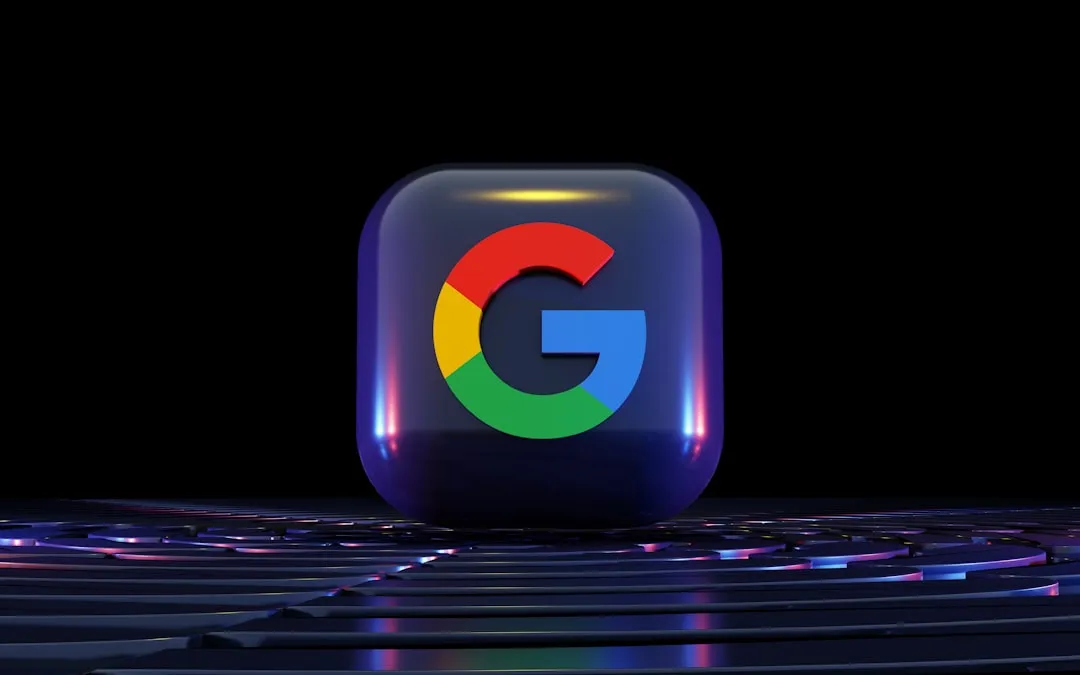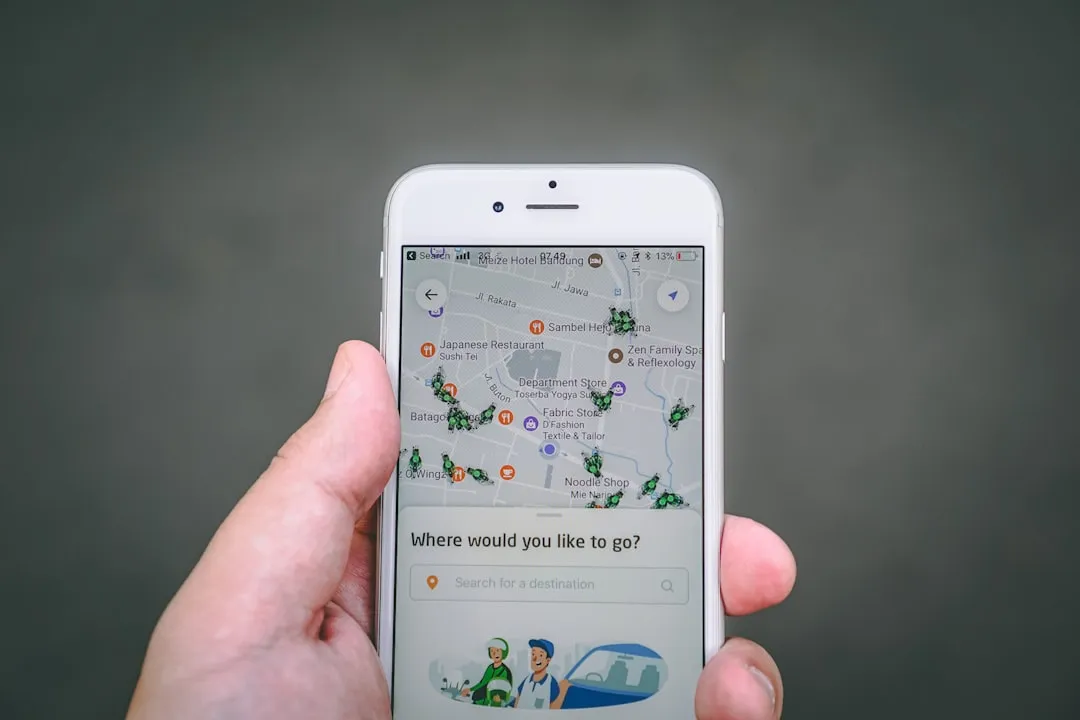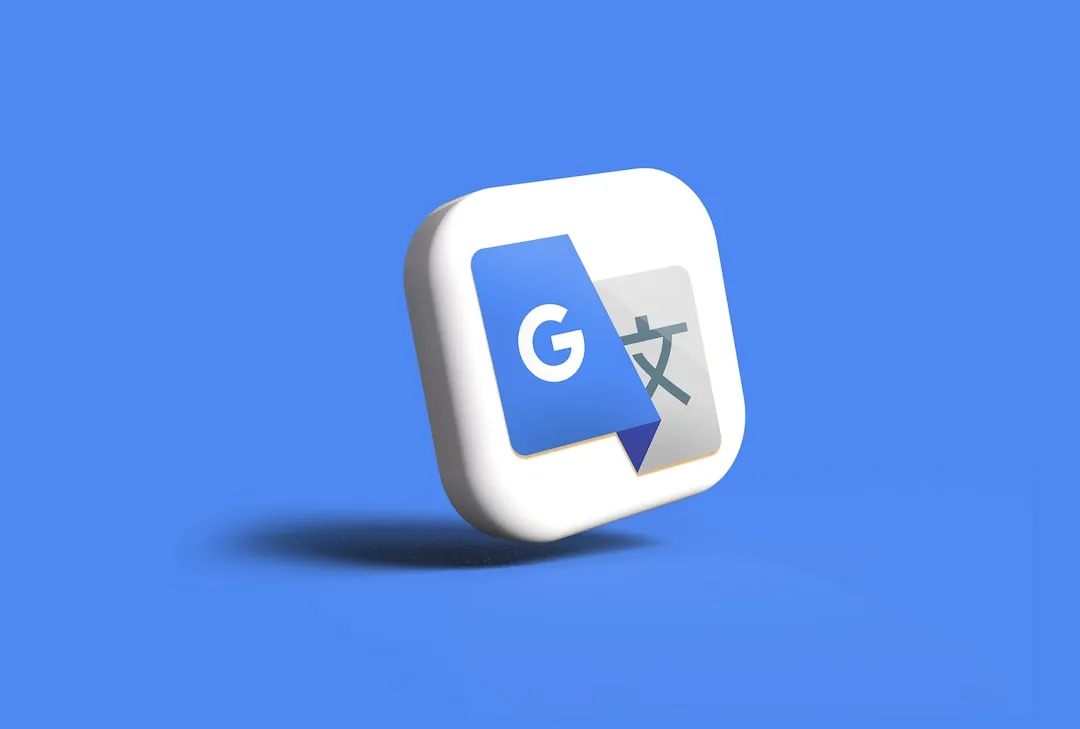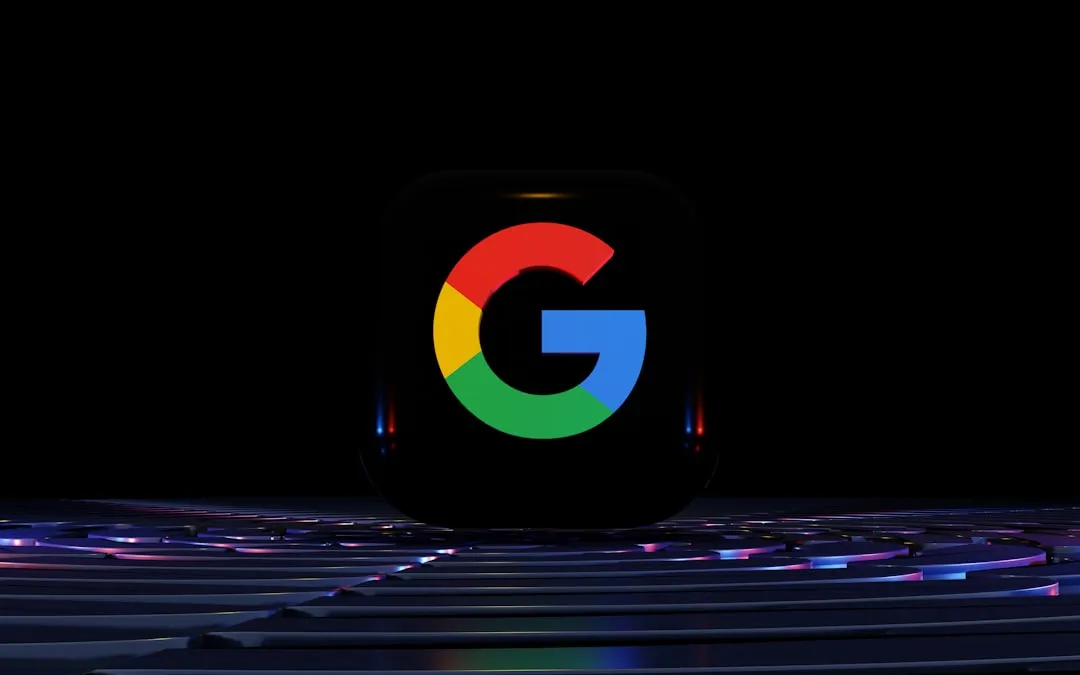When you open the Google Play Store today, it does not feel like the marketplace from a few months ago. Google has been quietly changing how we find and judge apps, and the biggest shift is the one that saves time: AI-powered review summaries that are now rolling out broadly across the platform.
Tired of scrolling through dozens of reviews to decide if an app is worth a shot? Now you get a smart, one-paragraph snapshot that distills what people love, and what they do not. Google has been working on this technology for over a year, testing and refining before putting it in your hands.
This is not just a convenience upgrade; it signals a shift in how app stores work. Google is aiming for utility over flash, tackling information overload and decision fatigue that bog down app discovery. The result feels closer to how your brain works, looking for patterns, consensus, and the bits that matter most.
How Google’s review summaries actually work
Here is what you will notice on app listings: a new section called "Users are saying" under a clearly marked heading in the ratings and reviews area for apps with substantial review data. The summary is a single paragraph that captures both praise and criticism from real reviews, so you get a balanced view without digging through everything yourself.
The current rollout is happening in Play Store version 48.5.23-31, though availability varies by device and account. The slow ramp lets Google watch accuracy, user feedback, and performance while it scales. The threshold for "substantial review data" helps the system draw on a wide enough pool of feedback to avoid amplifying outliers.
What stands out is the focus on simple, balanced takeaways. While Apple uses a more complex multi-stage process involving insight extraction and topic modeling, Google leans on straightforward summaries that highlight common themes. Each summary takes the form of a single paragraph that tries to highlight common positive and negative points across that app’s user reviews, which reads more conversational than robotic.
The AI looks for patterns, surfaces what users consistently praise or complain about, and presents it in plain language. You might see a line like "Users appreciate the intuitive interface and quick performance, but many report connectivity issues during peak hours." Short, direct, useful.
What this means for your app discovery process
Reading reviews has always been a slog. You hunt for patterns, filter out one-off rants, then hope someone used the app the way you will. AI-generated review summaries address this exact pain point, turning a ten-minute scan into a half-minute insight. Nice.
There is a twist. Research examining generative AI review summaries shows they can influence user behavior in unexpected ways. A University of Hawaii study on travel platforms found that summaries tend to reduce both the number and length of later reviews, and they correlate with higher average ratings. The authors point to two forces: a substitution effect, users feel less need to write full reviews when a summary already exists, and a learning effect, newer reviewers echo the tone and structure of the summaries.
For the Play Store, that creates a feedback loop. Summaries do not just reflect sentiment, they may shape the future review pool that feeds them. What you read today could influence what gets written tomorrow.
The feature sits alongside Google’s "Ask Play about this app" functionality, which uses Gemini AI to answer specific questions. Use the summary for the big picture, then ask targeted questions like "How do I use this app?" before you commit.
There are limits. Instances of nearly identical summaries appearing for different apps and occasional factual errors show the rough edges of automated text. Treat summaries as a starting point, not the final word.
The broader Play Store AI transformation
Review summaries are one piece of a larger revamp. Google is also bringing AI-driven search capabilities, personalized recommendation tabs, and curated content spaces that reshape how you discover apps.
Guided Search is the biggest shift in day-to-day use. Instead of simple keyword results, search now organizes by user intent, grouping apps around goals like "learn Spanish" or "get fit at home." People do not hunt for apps in a vacuum, they try to solve problems. The summaries fit neatly into that flow, adding context about how well an app serves that goal.
Meanwhile, the new "You" tab creates a personalized hub for subscriptions and recommendations, so the store feels more curated to your habits. That personalization can extend to how summaries are presented, the system learns from usage and reading patterns to emphasize aspects that matter to similar users.
Google has also introduced AI-generated app highlights that summarize key features from developer descriptions. Highlights tell you what an app claims to do, summaries show how well it delivers, and Ask Play lets you probe specific questions. Three quick layers, one mental model.
All of this nudges the Play Store toward a real assistant that understands needs and preferences, not just a directory sorted by charts. It aims to surface what is relevant to you, not just what is popular.
Where Play Store intelligence goes from here
The rollout of AI review summaries points to a larger shift in app ecosystems. The gradual rollout strategy suggests Google is watching how people use summaries, how accurate they feel, and how they affect downloads. On a platform that handles billions of installs, even small gains can ripple.
For developers, the stakes go up. Reviews carry more weight in discovery, because summaries amplify recurring themes. If a common complaint keeps popping up, the summary will probably lead with it, which can hit visibility. Fixing patterns, not just one-off bugs, becomes the move.
If this works, you can imagine similar summaries popping up across Google’s world, restaurant reviews in Maps, product overviews in Shopping, even condensed feedback on YouTube. The Play Store could be the proving ground for how we read user opinions across the ecosystem.
Expect the summaries to grow more nuanced over time. The single-paragraph format could evolve into category-aware takes, gameplay and graphics for games, efficiency and feature completeness for productivity apps. As these tools tie into other Google efforts, they could bring in more context from your broader activity to sharpen what you see.
Big picture, AI is not just bolted onto old workflows, it is reshaping how we discover, evaluate, and engage with digital content. As these systems mature, the line between human judgment and machine pattern spotting will blur. The goal is not to replace your call, it is to back it up with clearer, faster signal so you can decide with confidence.
























Comments
Be the first, drop a comment!